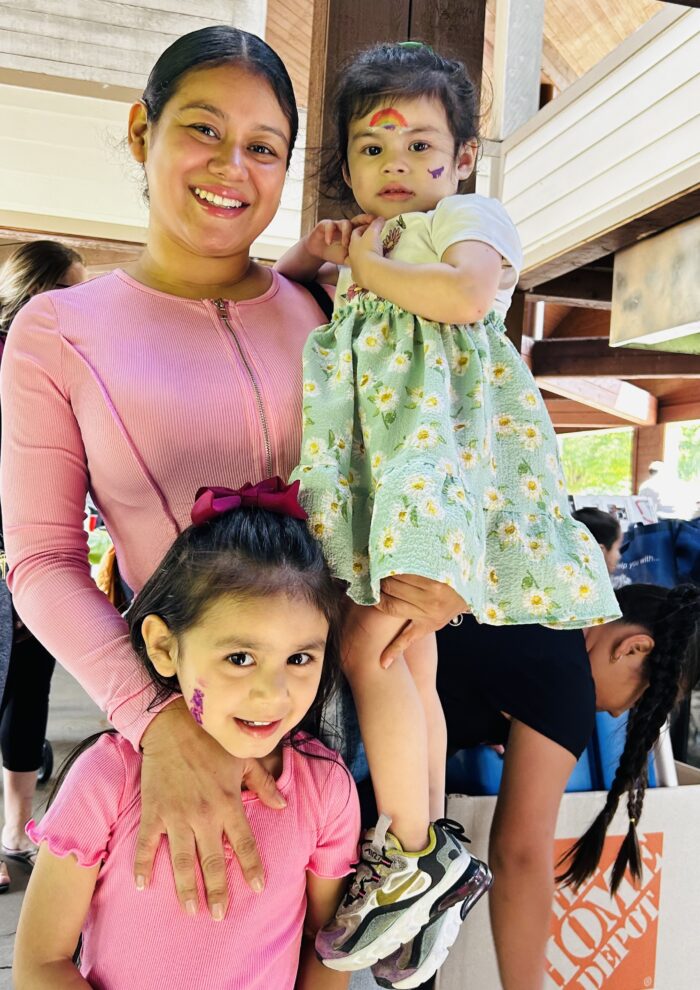IMPORTANT UPDATE:
The Guaranteed Basic Income (GBI) pilot program is currently full and not accepting applications. This is a limited pilot initiative, and while the results will help inform future programming decisions, there is no guarantee of additional rounds at this time.

